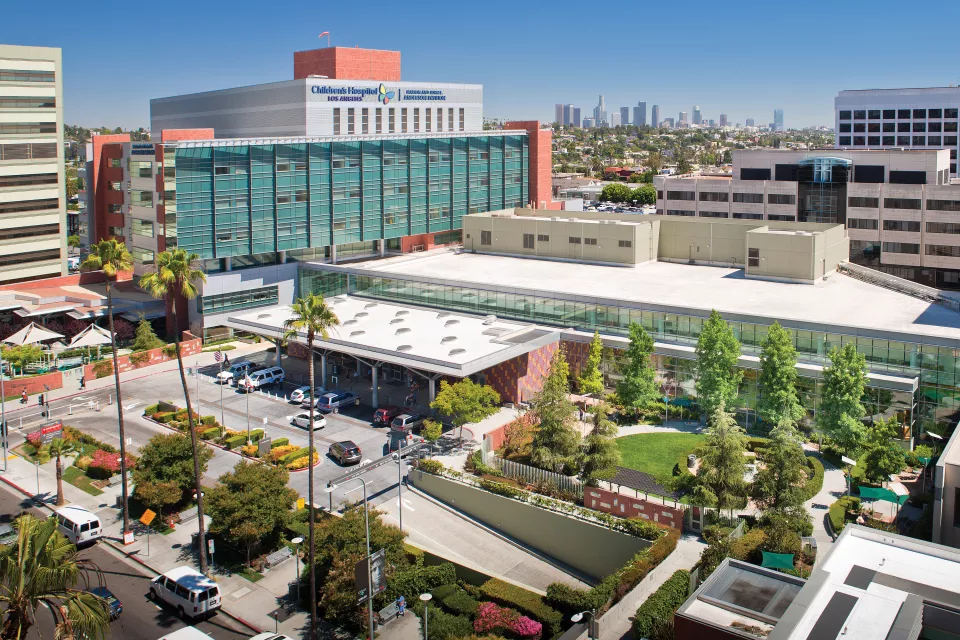Gastroesophageal reflux disease (GERD) is caused by changes in the barrier which separates the esophagus and the stomach, resulting in an abnormal reflux in the esophagus. This abnormal reflux causes mucosal damage and chronic symptoms. GERD may also be caused by incompetence of the lower esophageal sphincter, transient lower esophageal sphincter relaxation, impaired expulsion of gastric reflux from the esophagus or a hiatal hernia.
Symptoms and Diagnosis
Symptoms of GERD include repeated vomiting, spitting up, coughing, choking, respiratory difficulties, failure to gain weight and loss of appetite, bad breath (smells acidic), belching, burping, difficulty sleeping, irritability, and constipation or loose stools. The symptoms of GERD are varied and the severity of the condition often fluctuates.
Treatment
Although many children outgrow GERD, treatment for children who continue to struggle with GERD includes lifestyle modifications, medications and surgery. Lifestyle modifications, such as dietary changes and changes in sleep posture, and various medications are viable options for treatment of this condition. Surgical treatment of GERD consists of a laparoscopic procedure which wraps the stomach around the lower esophageal sphincter, preventing acid reflux and strengthening the sphincter. Surgery is recommended when patients are unresponsive to medical therapy, and normal recovery from the procedure takes approximately two weeks.
